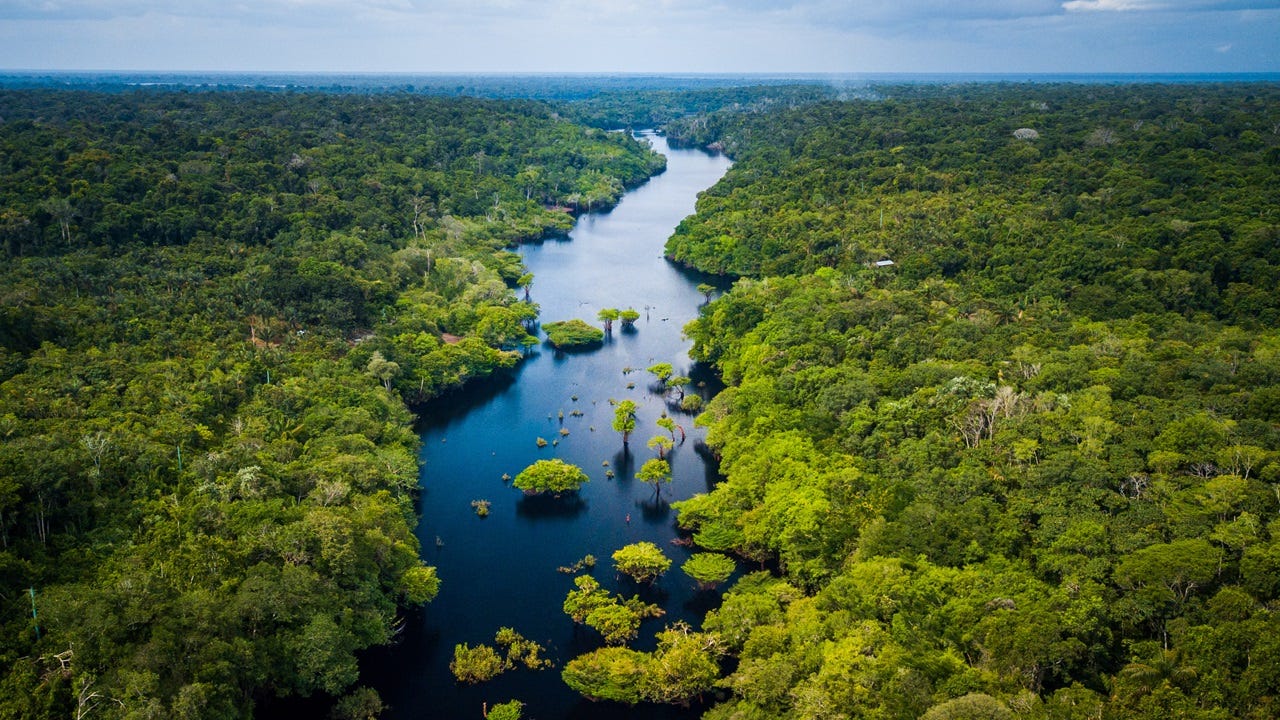
Biodiversity the next frontier in environmental sustainabilitystock.adobe.com
The narrative behind sustainability is changing.
“When there was any presentation about sustainability, I remember people giggling in the room,” said Thermo Fisher’s Geoffroy Malherbe during a presentation at BPI Europe in Hamburg, Germany in May 2025.
In the past 15 years, sustainability has gone from joke, to afterthought, to goal, to a core business aspect. Companies have changed for the better, predominately focusing on headline-grabbing topics such as climate change and energy efficiency.
In Europe, the Corporate Sustainability Reporting Directive (CSRD) has been a driving force for sustainability, obliging companies to adhere to certain responsibilities while disclosing the sustainability impact of their business practices. CSRD enforcement has raised awareness among executives and employees in Europe, although according to Maximilian Ludwig, sustainability manager for Rentschler Biopharma, the rising interest in sustainability among the industry transcends punitive concerns.
“We have to keep in mind that pharma is responsible for around 5% of global emissions,” he said. Speaking about the industry as a whole, he added, “We produce a lot of greenhouse gas emissions, we produce a lot of waste, and we have to acknowledge that. And I think when we are talking about responsibility, it is not limited to our patients. We have a responsibility for our planet as well.”
Related:ISPE releases GAMP guide on artificial intelligence
He highlighted 2024 as a special year for Rentschler on the sustainability front, as the company managed to achieve a pair of major milestones. The company’s climate targets – including energy efficiency goals – were validated by the Science Based Targets initiative (SBTi), a corporate climate action organization. Rentschler also joined the UN Global Compact in 2024, itself one of the founding partners of SBTi.
But according to Ludwig, well-tread concerns regarding climate change and energy efficiency only scratch the surface when it comes to addressing environmental sustainability. “We have to tackle the topics of resources and water as well,” he said. “And of course, the topic of biodiversity.”
Ludwig said that biodiversity may be an even greater threat to the planet than climate change, although the two are certainly not mutually exclusive issues.
In her book The Sixth Extinction, acclaimed environmental author Elizabeth Kolbert discusses how our planet has entered a new mass extinction event, with species disappearing from Earth at an alarming rate. In one passage, she wrote, “Having freed ourselves from the constraints of evolution, humans nevertheless remain dependent on the earth’s biological and geochemical systems. By disrupting these systems – cutting down tropical rainforests, altering the composition of the atmosphere, acidifying the oceans – we’re putting our own survival in danger.”
Related:Surfing the tsunami: Surviving in biotech when surrounded by political turmoil
Unfortunately, solving the issue of biodiversity is not easy or straightforward. Gathering data for greenhouse gas emissions is relatively easy, but measuring one’s impact on biodiversity is a different matter. “There's no standard,” Ludwig said. “There's no best practice, but we definitely need these standards in order to improve and to secure biodiversity.”
Although the exact effects are difficult to quantify, Ludwig sees the pharma industry as having an appreciable impact on the loss of biodiversity. “We are talking about animal testing. We are talking about a lot of ingredients, materials, etc., that stem from nature.”
He singled out palm oil – an ingredient used in many pharmaceutical products – as having an especially bad impact on the environment and on the species that live where it is extracted. According to the World Wildlife Fund, although palm oil can be harvested sustainably, conventional methods lead to widespread deforestation. Animals such as orangutans, elephants, and tigers have seen their populations crash in part due to palm oil harvesting.
Related:Regeneron poised to overcome FDA setbacks thanks to expanded manufacturing capabilities
But the industry cannot adjust overnight.
“We are at a very early stage,” Ludwig said. “First, we need to understand our impact, and we need to measure based on these insights. Then [we can] look at what measures need to be taken in order to preserve nature.”
In the meantime, he said, companies can pick “low hanging fruit” by planting trees, converting some of their property into meadows, and building in places that don’t disrupt local wildlife.
Although it is a nascent aspect of sustainability, Ludwig thinks biodiversity’s time as a topic of interest is coming soon. He predicts that “in the next two or three years, we will see global standards targeting the topic of biodiversity.”










 English (US) ·
English (US) ·